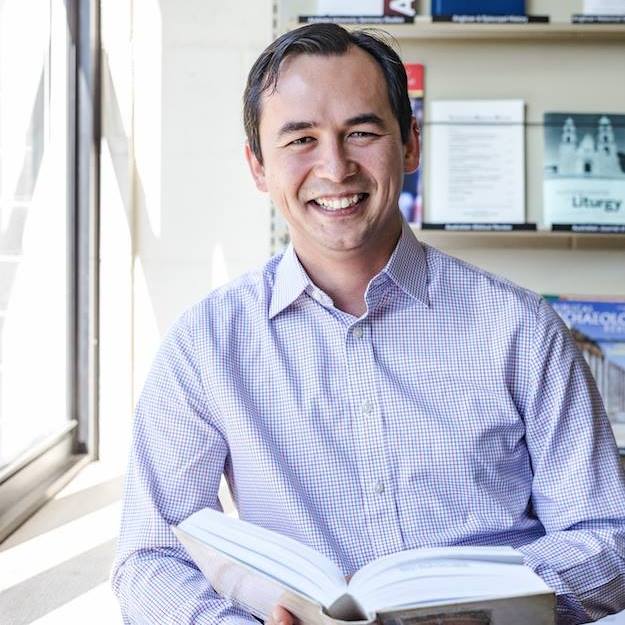The figure of the enemy emerges in New Testament literature under the command to love. Yet, often throughout the history of Christian theology, the precise contours and conditions of enmity fade from view. This project assumes that contemporary political and social enmities can help unearth genealogies of the concept to illuminate the structural formations that determine enmity and so interpolate persons into social relations of enmity in the present. Figuring the enemy, then, illuminates the shape of the theological frames in which Christianity has positioned the enemy, and so subjects it to productive critique.
To approach this question, two distinct methodologies will work in tandem. The two methodologies approach enmity from the respective standpoints of socio-cognitive approaches to theology and religion, and political-theological critique. Each will produce monographs, edited volumes, and articles in their respective disciplines. An integrative thread will run throughout the project, particularly in collaboration between the two Lead Investigators on Engagement projects, culminating in an integrative symposium in 2023.
This project is unique in that these methodologies have not functioned together in the extant literature. More significantly, however, it attends to the shape of forms of enmity conditioning engagements in the contemporary world. Critical engagement with the Christian traditions allows us to illuminate the theological undercurrents to these antagonisms and so think productively about the ways in which they reproduce themselves and the conditions for action to mitigate against their deleterious effects.
Lead Investigators
Rev Dr. Christopher A. Porter

Chris Porter is a New Testament scholar working on the Fourth Gospel with a particular emphasis in the intersection of theology and psychology. Previously he has worked in personal and social identity and memory research, and in computational linguistics. From studying Psychology at ANU he naturally brings a Social Identity (Tajfel & Turner, et al) framework to the consideration of the biblical text and theology. Broadly he has an interest in the science informed theology and Christian identity. Within this project he is investigating how enmity is portrayed and engaged in within the first few centuries of the Church, along with how modern notions of religious commitment influence socio-cognitive discourse..
Dr Scott A. Kirkland

Scott Kirkland is a theological ethicist working in the areas of modern German thought, political theology, and literature and theology. In the past, he has worked on the theology of Karl Barth and his relationship with a number of German philosophical figures, the theology of Donald MacKinnon, the thought of Gillian Rose, the work of Fyodor Dostoevsky, and the relationship between Russian theological traditions and their western counterparts. He is currently completing a monograph on the political theological dynamics of the end of history thesis, focusing on the work of Alexandre Kojeve, Franz Kafka, and Giorgio Agamben. In this project he will be engaging in a genealogical analysis of the production of the enemy in Christian theological discourses.
